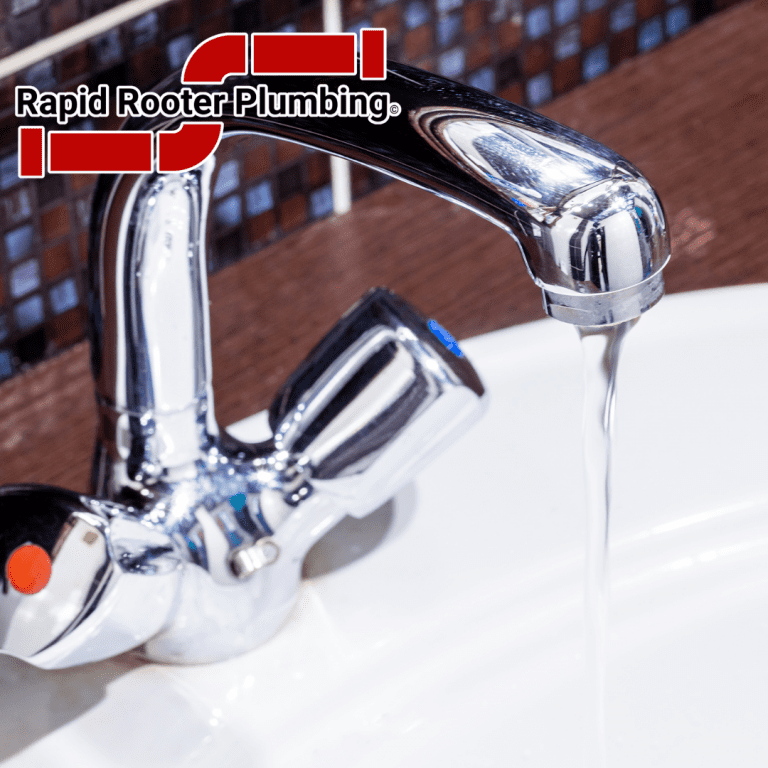Low water pressure can be a frustrating issue that disrupts daily routines like showering, washing dishes, and doing laundry. Understanding the root causes can help you identify and resolve the problem more effectively. At Rapid Rooter Plumbing, we’re here to help you diagnose and fix these issues to restore optimal water flow in your home.
Common Causes of Low Water Pressure
How Rapid Rooter Can Help
If you are experiencing low water pressure in your home, the experts at Rapid Rooter are here to help. Our team of experienced plumbers can diagnose the issue, provide effective solutions, and ensure your plumbing system operates at peak efficiency. Whether it is a simple fix or a more complex repair, we have the tools and expertise to get the job done right.
Contact us today to schedule a consultation and take the first step towards resolving your water pressure issues.

Request a Service
One of our team members will assist you